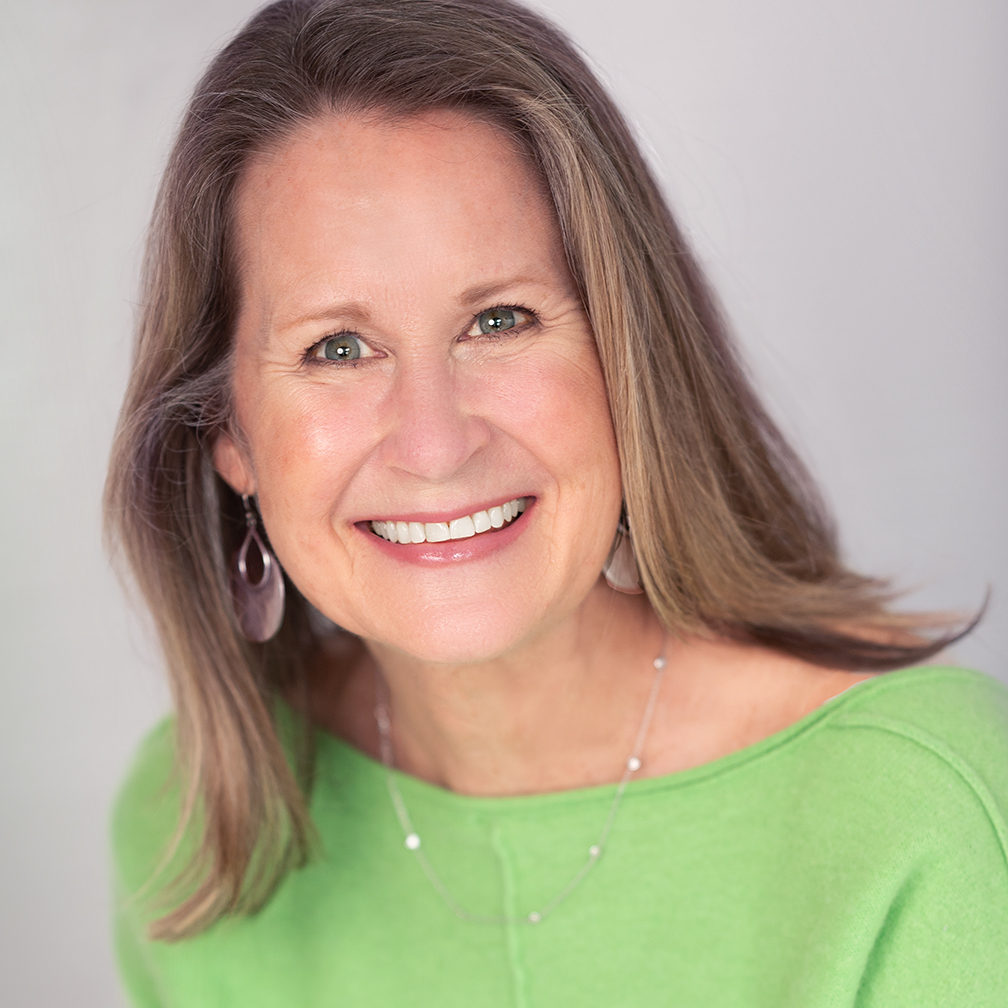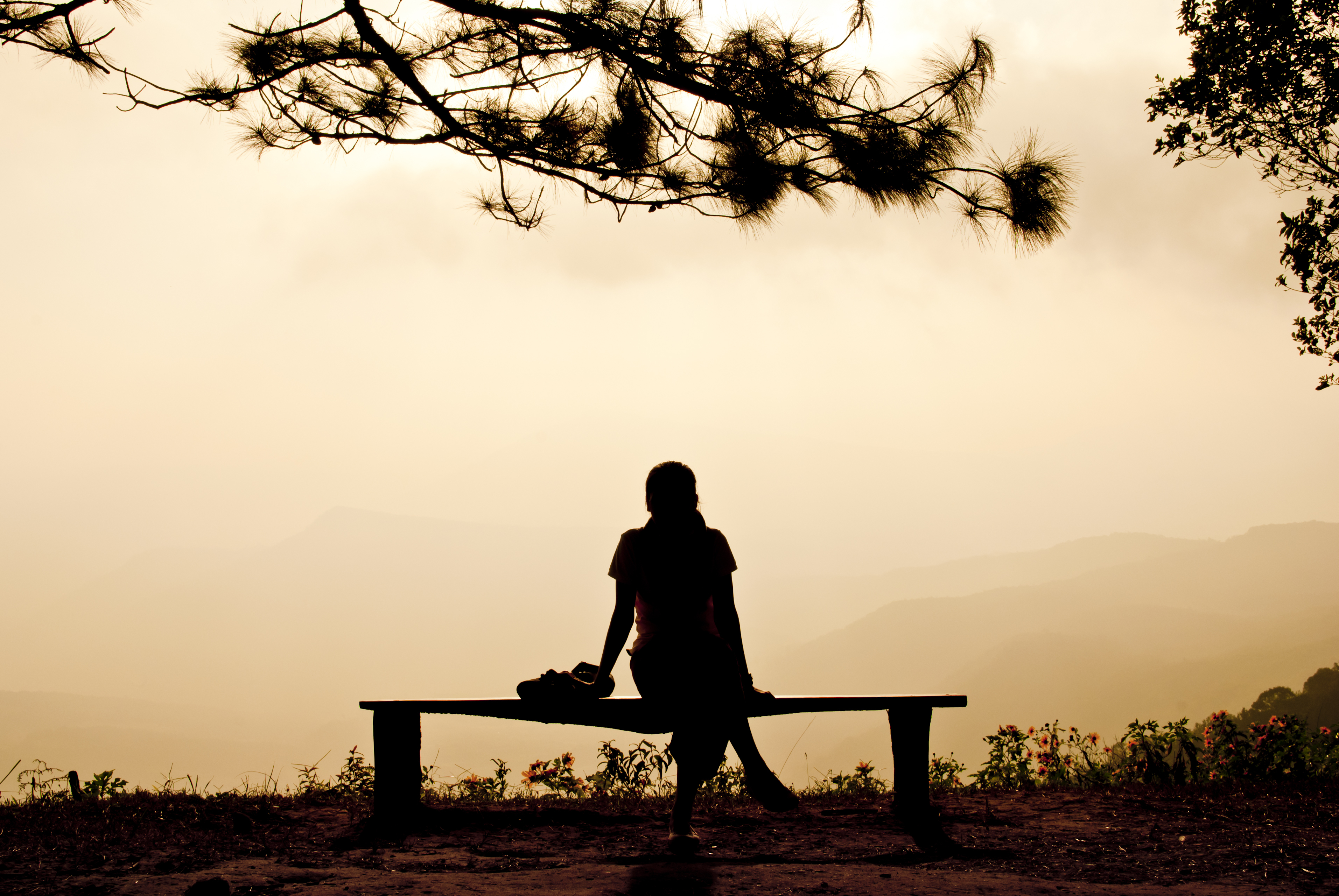It was his 62nd birthday, and he’d been out with friends in his hometown in Montana. Driving back to his brother’s house, with one too many celebratory drinks in his bloodstream, my dad careened off the road and into a fencepost. He suffered massive head injuries. It’s a moment I couldn’t write about until now.
I had to come to terms with him, with how he died, with myself and my life.
Making peace with my dad took longer than I thought it would.
Up until I was thirty, my dad was the sun that I (and others) orbited around. So many people loved to be around him – he was the life of the party – always ready with a big, hearty hug or a joke that get us all laughing.
He was also a mean drunk who would hit my mom or us kids on occasion.
I grew up in the sixties, at a time when people didn’t “air the family’s dirty laundry.” And that meant the abuse that went on in our house was a big, fat secret. As the oldest of my family, I drew closer to my father to keep my eyes on him. I knew when things were about to get ugly. I would catch the slightest twitch of a muscle in his face or a flash in his eyes. I could be ready to dodge and duck and protect my siblings at a moment’s notice.
I started therapy near my thirtieth birthday, and that’s when I learned that I was an adult child of an alcoholic. This was news to me. I thought everybody’s parents drank the way mine did. It was normal. Around this time, I also learned about boundaries and keeping my young children safe by not allowing them to ride in the car with my dad if he’d been drinking. This initiated a decade of war between us, up until early February 2002.
I got the call from my uncle on a Friday night at 10:30 in Seattle. He said the terrible words: “There’s been an accident.” The words that change a life forever. The words you never want to hear. He didn’t know much, except that it didn’t look good and I needed to get to Montana quickly.
This was easier said than done. I was a single mom with three children. But I dodged the immediate thoughts of tragedy by concentrating on getting my travel plans in order. I called the airlines. No flights to Missoula until 6:30 the next morning. If I got in the car and drove, it would take me 13 hours. And I needed to get the kids over to their dad’s house while I was gone.
There was nothing to do for the rest of the night except pray. And I did, vigilantly, for hours. I slept little. My father was in surgery, and he and his surgeon would need my prayers for the 11 hours it took to put him back together.
My brother and I ended up flying into Missoula together the next morning. When we arrived at St. Peter’s Hospital, my mom and uncle ushered us up to the 12th floor – the intensive care unit. The floor no one wants to be on. I don’t remember what my mother said to prepare me. She was in shock, so it’s entirely possible that she wasn’t thinking clearly. But someone should have warned me about what he looked like. Nothing prepares you to see your strong and gregarious father so broken.
My dad had always been a lover of life. He lived big and fast and without apology. He loved eating and drinking and excess. Now he lay in a hospital bed, his head wrapped in white gauze. He had lost his right eye. He was bruised and unconscious. This tower of strength and power in everyday life was now powerless and fragile. His hands lay limp and lifeless on the bed. Machines whirred and buzzed and pumped oxygen into his lungs. Nurses hovered.
He died six days later.
A friend of his offered that my dad had lived many lives in the 62 years that he was here with us. And that seemed right to me. In fact, for a long time, my father’s excess was the reason for my moderation. I didn’t want to be him. I wanted to live a life of control and order. I didn’t want the chaos that came with all of that abandon.
But now, as some of the parts of him that were hardest for me to deal with start to fade in my memory, some of the sweeter parts of life with him bubble up. Like his huge laugh, and how he would dance around the kitchen after the dinner dishes were done. I remember how he craved learning and experimented with anything and everything, from psychics to Scientology to all those motivational speakers in the 70s. He was all in for living a big life.
A gifted chiropractor, he lovingly cared for his patients — not just people but dogs and cats and horses and cows — helping them walk and feel better by adjusting their spines. I’ll never forget the time I went with him to help a cow in labor, watching him work with her, right there on the barn floor, to ease the pelvic girdle open and make birthing just a bit easier.
My dad loved to eat, and he took up cooking after we kids were grown and out of the house. He approached it with the same gusto and passion for learning as he did everything else in his life. He read cookbooks and studied and shopped and came home and would cook something amazing. He tried all kinds of complicated menus – hanging handmade pasta to dry all over the kitchen and dining room and adding it to complex sauce he’d simmered all day long. Years later, I would follow in his footsteps, getting caught up in the joy of reading cookbooks and experimenting with ingredients in the kitchen.
I’ve followed in his path in other ways, too. I can be moody and explosive. I have, at times, drunk too much and have only recently come to sobriety. I am more like him than not. And along the way, I’ve had to forgive him, to make peace with him and all of who he was. It’s an act of compassion for him, but even more so, for myself.


